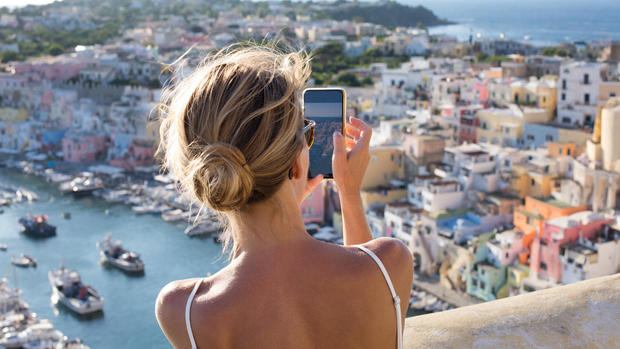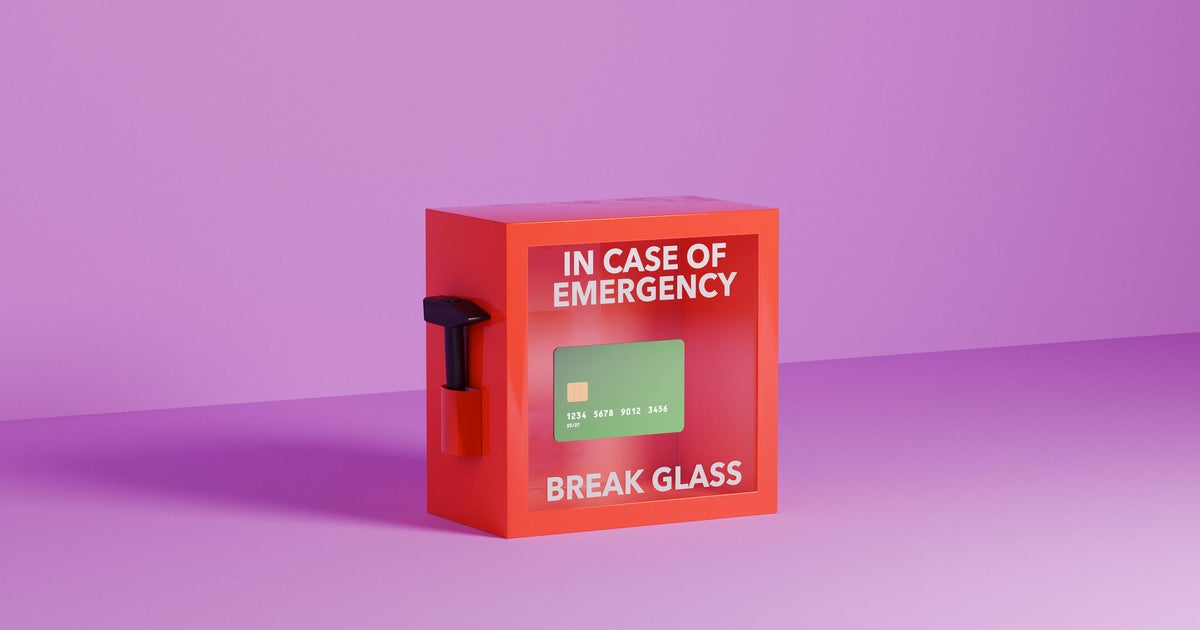Do you need travel insurance? 3 times to get extra coverage
Whether you're planning to relax on a beach or getting ready for day-long historical tours, you'll want to make sure everything is in order before you leave. For many, that includes travel insurance.
When you purchase travel insurance, you're getting coverage that protects you from unexpected financial losses that can occur during your trip. You can get reimbursed for things like travel delays, lost luggage, damaged or stolen items and more. Depending on your situation, you can possibly submit claims to get up to 100% back for a canceled trip for various covered reasons.
While it's always a good idea to get added protection for your trips, there are still optimal times to buy travel insurance. And it's more important for some travelers to get it than others.
If you think you'd benefit from travel insurance, you can get started by comparing providers and plans.
Do I need travel insurance?
If you're traveling a short distance or planning a simple weekend getaway, then you may not need to get travel insurance. The decision is entirely up to you.
However, there are certain times when you'll definitely want to add an insurance policy. Here are some examples:
You're traveling overseas
International trips tend to be pricier than domestic. Therefore, the potential loss from a canceled trip, delay or emergency is likely greater.
So far this year, the average insured trip cost is around $5,300 - that's about $700 lower than in 2019, according to travel insurance marketplace Squaremouth. That number may increase as people start to ramp up travel again. The cost of travel insurance is just a fraction of the price - 5 to 10% of your trip costs - you would pay if you lost your entire trip deposit.
If you're spending $5,000 or more, you'll want to consider getting travel insurance. It may be better to pay the extra couple hundred dollars now rather than lose thousands later. Browse some of the top companies now.
You need medical coverage
Your health insurance may not necessarily be accepted in other countries. So, you'll want to get travel health insurance as a backup to avoid paying massive medical bills.
"Travel health insurance is especially important if you have an existing health condition, are traveling for more than 6 months, or doing adventure activities such as scuba diving or hang gliding," the Centers for Disease Control and Prevention notes.
"Check if your current health care covers emergencies that happen while traveling. Ask if your policy has any exclusions, such as for preexisting conditions or adventure activities. If your health insurance coverage is not adequate, consider buying a short-term supplemental policy. Look for a policy that will make payments to hospitals directly," the agency adds.
CBS News travel editor Peter Greenberg said Medical Evacuation Insurance, which covers transportation (like an ambulance or helicopter) or other costs for travelers who get sick or injured and need to be taken to a hospital during their vacation, is also vital.
"You absolutely need to have medical evacuation insurance. If you get sick or injured outside of the U.S., it pays for you to be stabilized medically wherever you are, and to get you home to a medical facility and doctor of your choice," Greenberg recently told CBS News.
See how you can include this type of coverage in your travel insurance policy.
You're traveling during a holiday
Again, if you're traveling locally (it's close enough to get to by car or bus), then you may be able to skip travel insurance. However, if you're taking a long flight or planning to spend a significant sum of cash, then you may want to add it.
This holiday season, consumers are expected to spend $1,430 on average, putting roughly 32% of that toward travel expenses, according to a PricewaterhouseCoopers (PwC) 2022 Holiday Outlook. Roughly 47% of Americans plan to travel over the holidays, PwC reported.
"More people traveling means greater risk of travel delays and travel interruptions, and with full flights, it's harder to get booked on the next flight out. This congestion can also increase the likelihood of baggage delays and lost or stolen luggage," TravelInsurance.com explains online.
December also tends to be the "worst month" for luggage-related mishaps, LuggageHero reports.
Most comprehensive travel insurance plans include lost luggage and allow you to get reimbursed for the costs of meals and accommodations you need during an unexpected trip delay. Just make sure it's included in your plan.
Avoid the headaches and big bills this holiday season. Get insurance coverage today.
Do some countries require travel insurance?
In some countries, travel insurance isn't a choice. Dozens of countries actually require some form of travel insurance. Squaremouth has a running list of each country's requirements on its website, though you should always double-check the country's government website to confirm exactly what's needed.
In general, the U.S recommends that Americans get travel insurance even if it's not mandatory.
"The U.S. government does not provide medical insurance for U.S. citizens overseas. We do not pay medical bills. You should purchase insurance before you travel," the U.S. State Department urges Americans on its website.




